
KLASSIK UND KALTER KRIEG





KLASSIK UND KALTER KRIEG
Soloists:
Helmut Schmidt, Peter Schreier, Kurt Masur, Otmar Suitner, Jochen Kowalski, Christine Mielitz, Siegfried Matthus, Walter Felsenstein
Director:
Thomas Zintl
In 1945, after the war had ended, the world split into East and West in political terms. The frontier between the two blocs cut straight through Germany and quickly became a dividing line between contrasting cultural systems. In the Soviet occupation zone, major opera houses and concert halls rose again from the ruins and long-established orchestras and choirs were revived. Once the GDR had been founded, the Socialist Unity Party took over responsibility for cultural affairs and quickly developed the idea of a nation of culture-loving working people in deliberate contrast to their portrayal of “Americanized, western capitalists softened by endless consumption”. Together with sport, classical music was used to advertise the merits of the GDR. Like all other areas of art it was instrumentalized for ideological purposes, and its protagonists - provided they displayed the necessary talent and were not regarded with suspicion by the state security service - often enjoyed extraordinary privileges. This combination of art and dictatorship created an environment in which music-making of world quality was able to flourish. Through case studies of individuals who lived under the system, the documentary explores the fates of both the privileged and the non-privileged, and delivers insight into the influence of the political system on artistic life. The film includes interviews with contemporary witnesses both from GDR and the Federal Republic of Germany (FRG).
Label:
Arthaus Musik
Genre:
Dokumentation
Running Time:
52
Picture Format:
16:9
Sound Format:
PCM Stereo
Number of Discs:
1
Region:
0
Languages:
DE
Subtitle Languages:
IT, GB, FR, ES
EAN:
0807280166491
UPC:
807280166491
Blu-ray:
101793
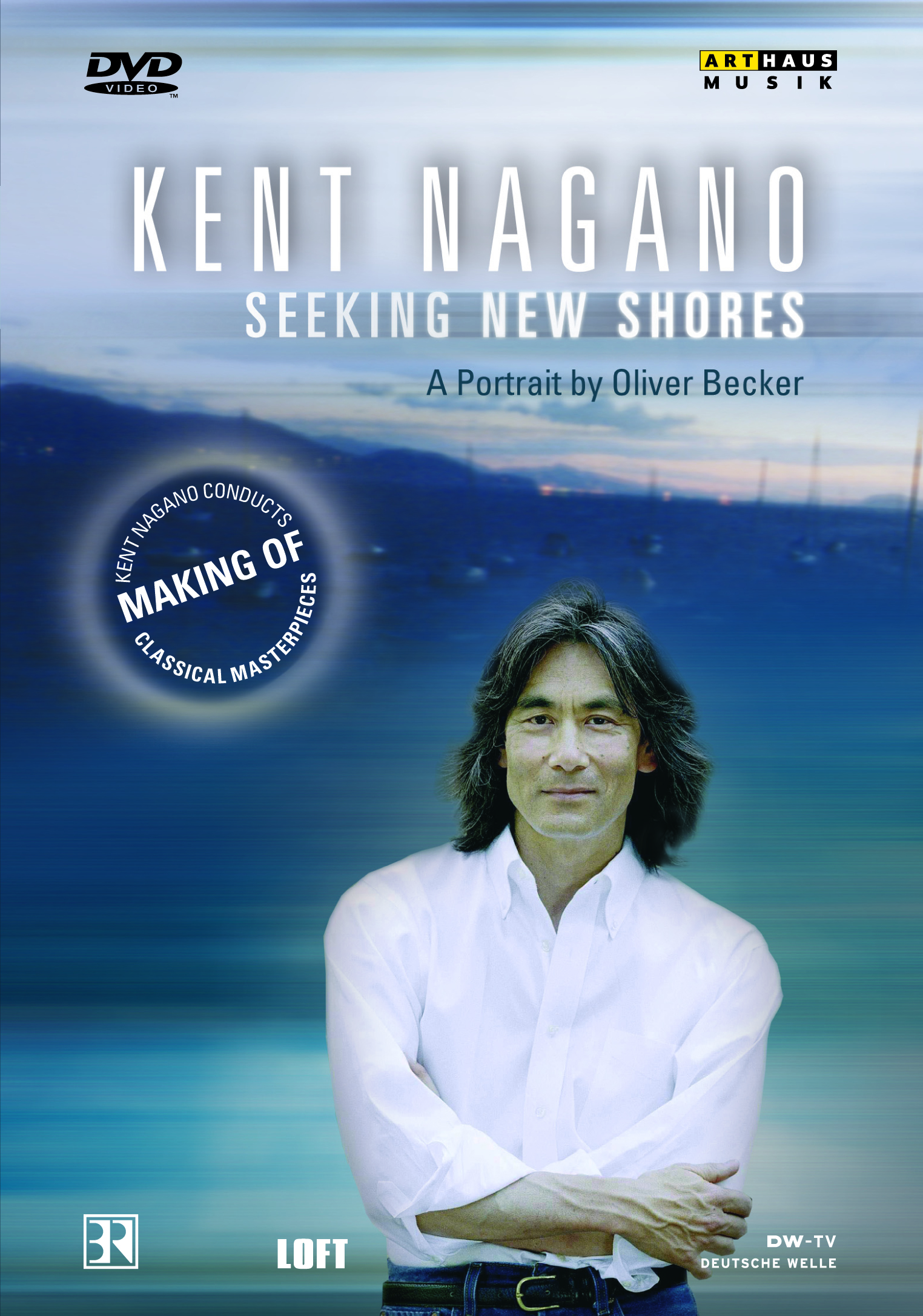
Introducing one of the world’s most successful conductors: Kent Nagano’s meteoric rise to fame took him via Lyon, Manchester and Los Angeles to Berlin, where for six years he directed the Deutsches Symphonie-Orchester. In autumn 2006 Nagano took up two new posts: as chief conductor of the Orchestre symphonique de Montréal and General Music(...)
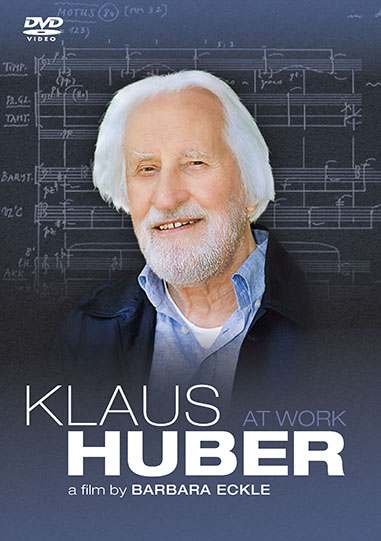
How does someone become a composer? Klaus Huber, one of the most important composers of the second half of the 20th century, answers this question to his 12-year-old grandson with simple and vivid images. Barbara Eckle's film offers a fascinating insight into Huber's compositional thinking and also sheds light on his family background in(...)









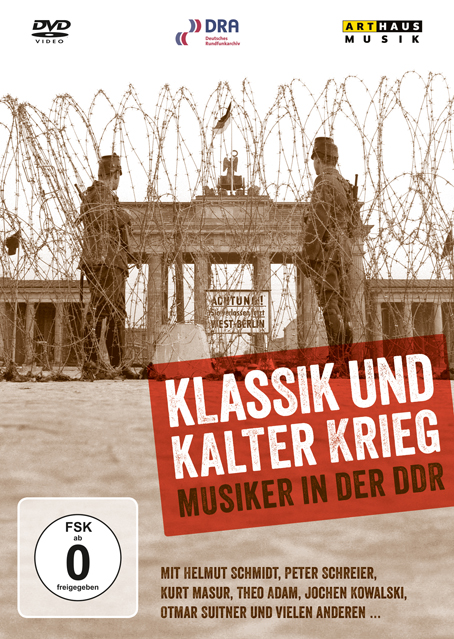
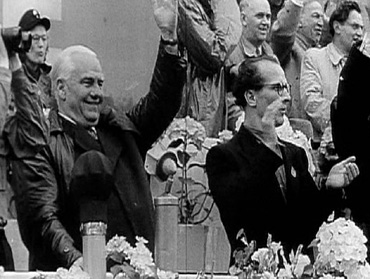
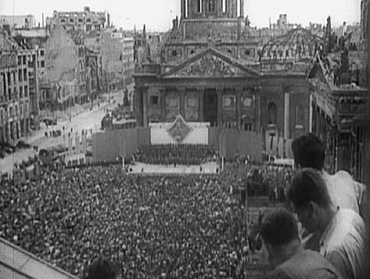
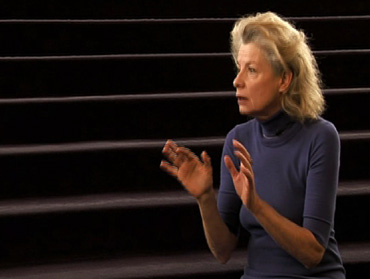
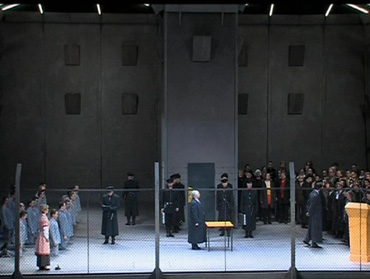


 PDF Download (5,5 MB)
PDF Download (5,5 MB)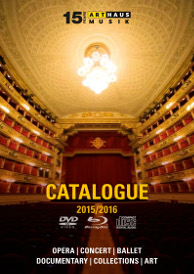 PDF Download (6,7 MB)
PDF Download (6,7 MB)